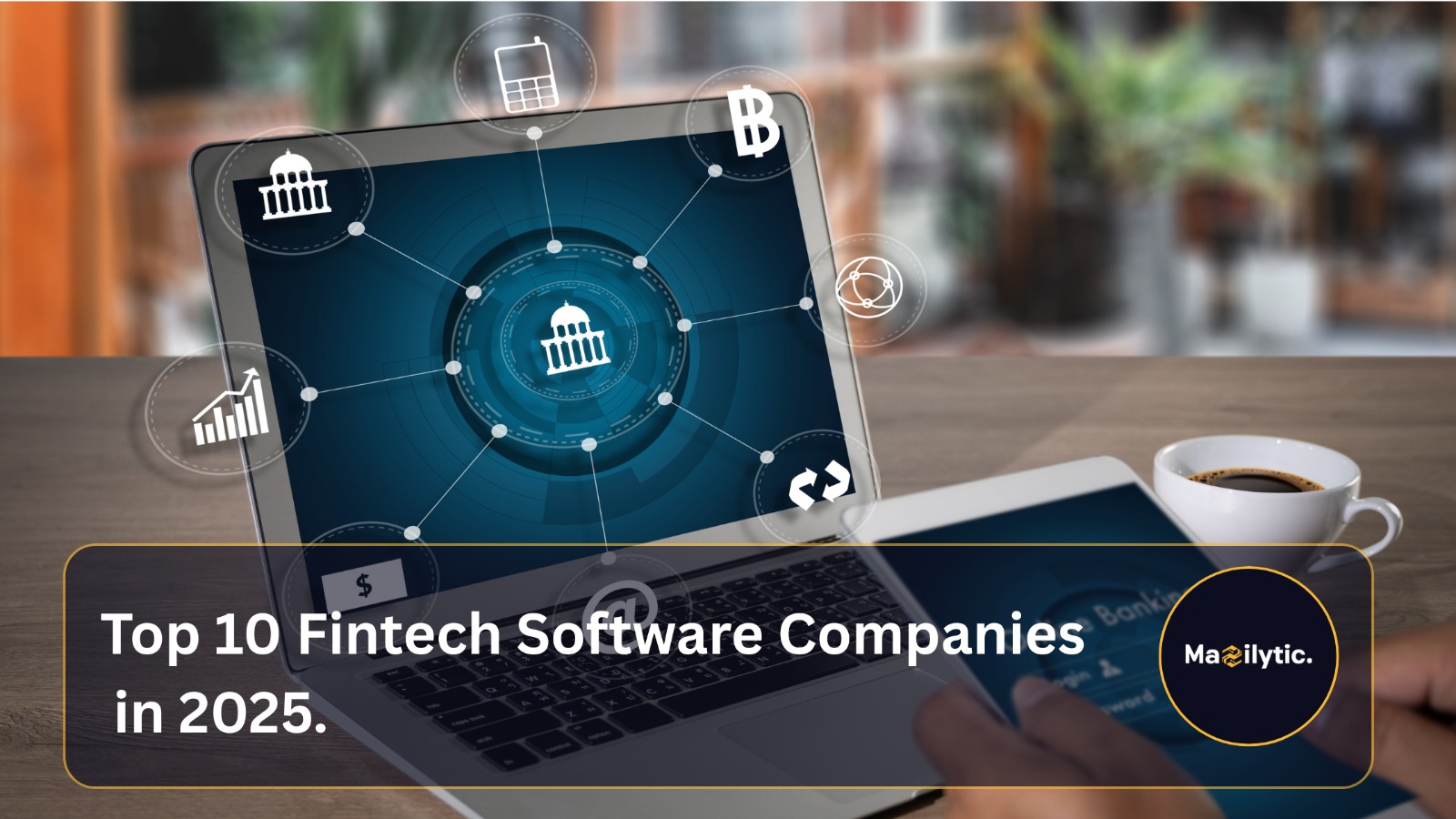
Top 5 Web3 Applications Revolutionizing Industries
Introduction
Web3 technology, which is the new frontier of the internet, has seen the development of decentralized applications and technologies in various fields. The apps based on Web3 technology are ahead of this curve in providing more innovative ways of doing things from changing current models and serving the user. In this blog, we will look at five examples of Web 3. 0 applications that are reinventing the industry in several categories.
A brief overview of Web3 and its core principles
Web3 is society’s advancement of the Web2 framework with improved versions. It also highlights issues like decentralization, transparency, and the fact that the users are the owners. Web3 is a better version of the previous internet incarnations because its main goal is to be open, safe, and fair. The main Web3 concepts are decentralization, distributed transactions’ record-keeping through the Blockchain, and decentralized applications (dApps), which do not rely on any central party to perform their functions. It is the change of such a paradigm that enables a higher level of control for the end user of their information and their digital property, invigorates new potential uses, and defies the old economic paradigm of utilization and value.
Importance of Web3 applications in Shaping the future
With the help of Web3 applications, people can effectively implement control in their hands and change the current paradigm towards decentralization. All these applications tap into Web3 technologies to transform established structures, encourage innovation and innovation, and generate numerous positive effects on people and companies.
Decentralized Finance (DeFi)
Core concepts of DeFi
Decentralized Finance (DeFi) is a Web3 application that utilizes blockchain technology to provide financial services without the need for centralized intermediaries. In DeFi, proper financial software development solutions can be used, which are the aspects of lending, borrowing, trading, etc., which all occur within a decentralized environment. Defi separates financial services from traditional finance therefore offering a higher level of transparency, access, and diversity.
Popular DeFi platforms
Some of the most prominent DeFi platforms include Uniswap, Compound, Aave, and Maker. These platforms have gained significant traction by offering a wide range of decentralized financial services and products.
Benefits over traditional finance
Decentralized Finance (DeFi) appears to be a very compelling investment model to the traditional one. DeFi, therefore, increases the efficiency of the delivery of more and improved financial services to individuals and firms globally since less tartness occurs due to the removal of middlemen. Transparency, security, and efficiency are some of the notable aspects that DeFi brings to the users, giving them more decision-making control of their assets. Furthermore, it allows earning a greater reward on deposits and investments exceeding the rates of usual financial credit firms.
Non-Fungible Tokens (NFTs)
NFT characteristics
Non-fungible tokens (NFTs are digital assets that are exclusive and are recorded on the blockchain. Due to this characteristic, each NFT has its identification, and it cannot be replaced by any similar token; this makes them useful in several aspects. Other than artworks, NFTs have uses in the gaming sector, music, real estate, and collectible fields. Their amount, identification of ownership, and the possibility of getting the monetary value have led to incredible interest. Platforms such as OpenSea and Rarible are considered as the marketplaces to buy and sell these types of tokens.
NFT use cases
Today, use cases for NFTs can be observed in art, collectibles, gaming space, and even real estate. They offer the means of claiming ownership rights, proving uniqueness and originality, as well as limiting the availability of virtual goods.
NFTs in various industries
The influence of NFTs goes beyond the boundaries of art and collectibles; sectors such as fashion, music, and sports are investigating innovative applications for these unique digital assets.
Decentralized Autonomous Organizations (DAOs)
DAO concept and operation
Decentralized Autonomous Organizations (DAOs) are Web3 Apps that allow socio-political decision-making based on technological blockchain functions. DAO, which stands for decentralized autonomous organization, are group of like-minded people who run an organization with a common cause where every member controls the running of the organization. Both operations function without conventional bureaucratic structures; the members are allowed to make decisions and control resources collaboratively within the entities. DAOs provide transparency, decentralization, and participation in the decision-making process in administration.
Successful DAO examples
Successful DAO examples include MakerDAO, Uniswap, and Compound, which have demonstrated the potential of decentralized governance models in various financial and technology-related domains.
DAOs for governance and decision-making
DAOs give members the possibility to have decision-making capabilities and are a step closer to a more equitable and transparent system of governance.
Metaverse components
The Metaverse synthesizes the digital, augmented, and physical worlds powered by Web3 foundations. It includes virtual environment, online persona, cyber-twins, cyber-networking, and cyber-sprinting reality as well as augmented reality which interferes between the physical and cyberspace. Metaverse, therefore, has unlimited potential to disrupt industries like games, entertainment, e-commerce, and property.
Metaverse platforms
Major Metaverse platforms include Decentral and, Sandboxes, and Metaverse platforms such as Roblox, a digital space where both gamers and players can work, play, and enjoy various activities.
Metaverse impact on various sectors
Metaverse has the potential to transform industries such as gaming, entertainment, HR software, e-commerce, and even real estate, by offering new opportunities for collaboration, commerce, and engagement.
Blockchain Gaming
Blockchain gaming concept and advantages
Blockchain gaming is a Web3 application that utilizes blockchain technology to create decentralized, transparent, and ownership-based gaming experiences The benefits of this model include digital ownership that is genuinely digital, player-based economies, and associating rewards.
Popular blockchain games
Some of the current famous games that are on blockchain include Axie Infinity, Decentraland, and CryptoKitties which are some of the promising games in the new model of gaming.
Play-to-earn model and implications
The play-to-earn model introduced by blockchain games allows players to gain rewards and even earn money through playing games, the line between using games and Software solution Provider business opportunities is quite thin.
Thus, Web3 applications offer industries an opportunity to transform and open up new prospects. Regarding DeFi, NFTs, DAOs, and the metaverse, these advancements are more open, where the users can take charge, and benefit from economic development. As the notion of Web3 persists, new and even greater changes will spread in different fields and industries.







